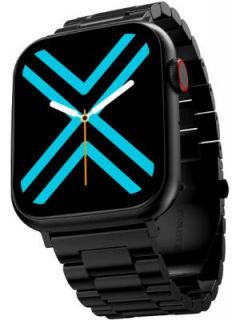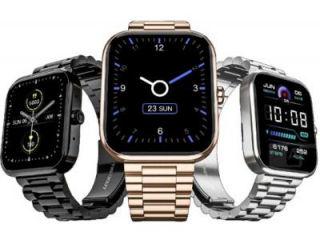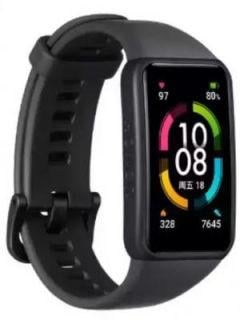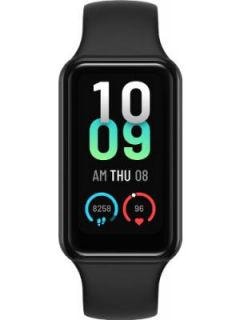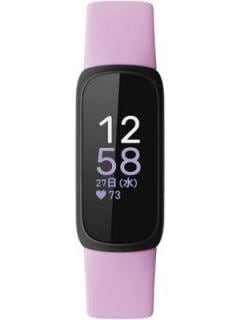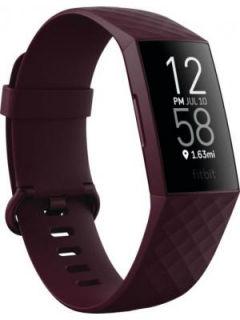Apple watch ban is a cherry on top of Cook’s miserable year
It has been headache after headache for the CEO, who will be looking to 2024 for reasons to be optimistic.
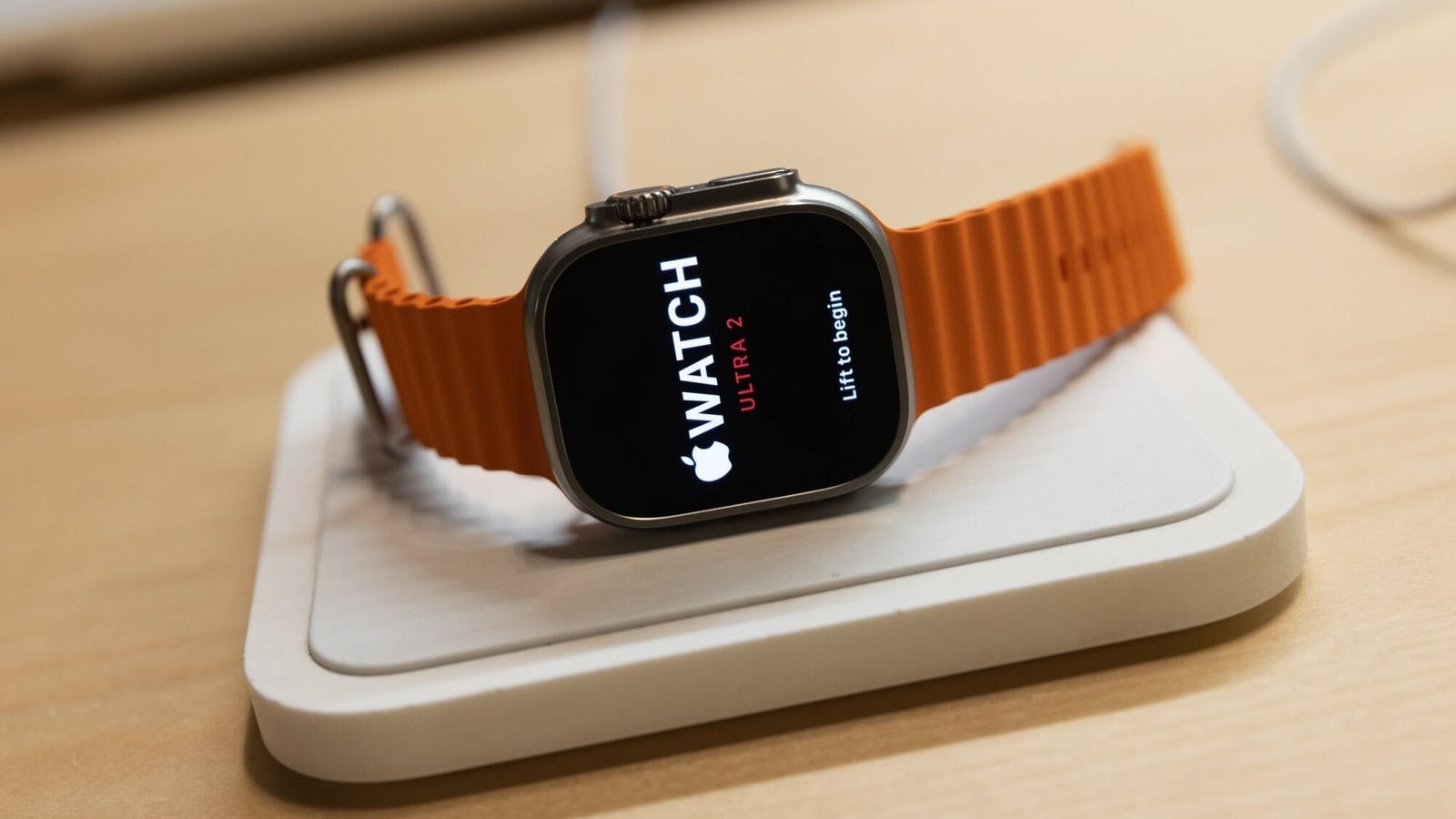
Barring a last minute (and unlikely) presidential veto, the Apple Watch is largely coming off US shelves. Starting Thursday, Apple Inc. will stop selling the latest versions of the device though its online store and then in its physical stores, too, by Christmas Eve. Other sellers like Best Buy can continue to sell them until they are out of stock. It's a miserable end to a lackluster year for America's most valuable company and its chief executive officer, Tim Cook.
Apple has found itself on the losing side of a patent dispute with a US medical technology company, Masimo Corp., which accused the tech giant of infringing patents related to its blood-oxygen sensors. Apple denied the claim, but it was upheld by the US International Trade Commission in October, giving 60 days notice on a ban that takes effect on Christmas Day. Apple's announcement that it would halt sales early has been seen as a potential last-gasp effort to force the president's hand — though White House interventions in such matters are rare, particularly when the row is between two US companies.
We are now on WhatsApp. Click to join.
The ITC is no Scrooge, and Apple certainly has questions to answer. As well as its patent claims, Masimo has taken Apple to court accusing it of stealing trade secrets. Apple, Masimo contended, enthusiastically set up meetings between the companies to discuss innovations and a potential partnership that never materialized. Apple then set about poaching key employees. The end result, Masimo contended, was theft of trade secrets and an Apple blood-oxygen sensor too similar in design and function to what Masimo had prodiced. (A jury trial on those matters ended in stalemate earlier this year. Apple disputes the accusation of infringement and says it plans to appeal the ITC's ruling.)
The bad news is in keeping with much of Apple's fortunes this year. Last month, it recorded its fourth consecutive quarter of revenue decline, the worst run in two decades. The company warned that revenue in the October-December quarter, which Apple accounts as its first of the 2024 fiscal year, would be flat. Analysts, as polled by Bloomberg, are expecting the company to just about sneak back to growth, but it's touch-and-go — a ban on watch sales during the holiday season certainly won't help. On top of all this, worries persist around Apple's business in China. Last week, Beijing broadened its ban on the use of Apple and other foreign devices. (Investors haven't lost faith yet. The company's stock is up more than 50% this year.)
While the smartwatch is not as big a seller as the iPhone — analysts suggest about $16.9 billion in revenue from the watch this year, compared with $200 billion from the phone — it is now a pivotal device for Apple. As well as being the gateway to its health services, it has also established itself as an entry device into the Apple ecosystem for young people. One recent study suggested a third of US teens own the watch, possibly as a result of parents viewing it as a stopgap before a child is old enough to be let loose with a smartphone.
An Apple Watch ban could impact $5 billion in sales, annualized, according to JPMorgan Chase & Co. — though Apple will be hoping to have the matter resolved much, much sooner. The company is rushing to carry out a software fix it hopes might be sufficient. Alternatively, Apple could reach a licensing deal with Masimo, one that Bloomberg Intelligence estimates could be worth as much as $300 million a year. In the interim, Apple could direct shoppers to previous models that do not contain the disputed technology, JPMorgan's analysts noted. And, for the next day or two at least, any sudden rush to buy the device before it is taken off sale might help offset any slump.
These are complications Apple could have really done without. As Bloomberg's Mark Gurman noted, 2023 has been tepid for Apple's main product lines. Only Apple's services unit — which includes App Store commissions and subscription sales for products like Apple TV — recorded year-on-year revenue growth. Sales declined for all of its other lines — iPhone, Mac, iPad and wearables.
Next year will offer a chance to revitalize those long-established products while ushering in some new innovations, too. Beginning around March, Apple is expected to introduce new iPad models — simplifying what is currently a confusing mess of different configurations and price points. New Airpods and MacBooks are expected, too.
Most excitingly — for those hyped for a mixed-reality future — the company is gearing up its stores to offer demos of the Vision Pro, Apple's long-anticipated headset. It won't be a big seller in its first year, but a positive public reaction to Apple's most daring product since the iPhone could bring about a much happier atmosphere, both in Cupertino and on Wall Street.
One more thing! We are now on WhatsApp Channels! Follow us there so you never miss any update from the world of technology. To follow the HT Tech channel on WhatsApp, click here to join now!
Catch all the Latest Tech News, Mobile News, Laptop News, Gaming news, Wearables News , How To News, also keep up with us on Whatsapp channel,Twitter, Facebook, Google News, and Instagram. For our latest videos, subscribe to our YouTube channel.



